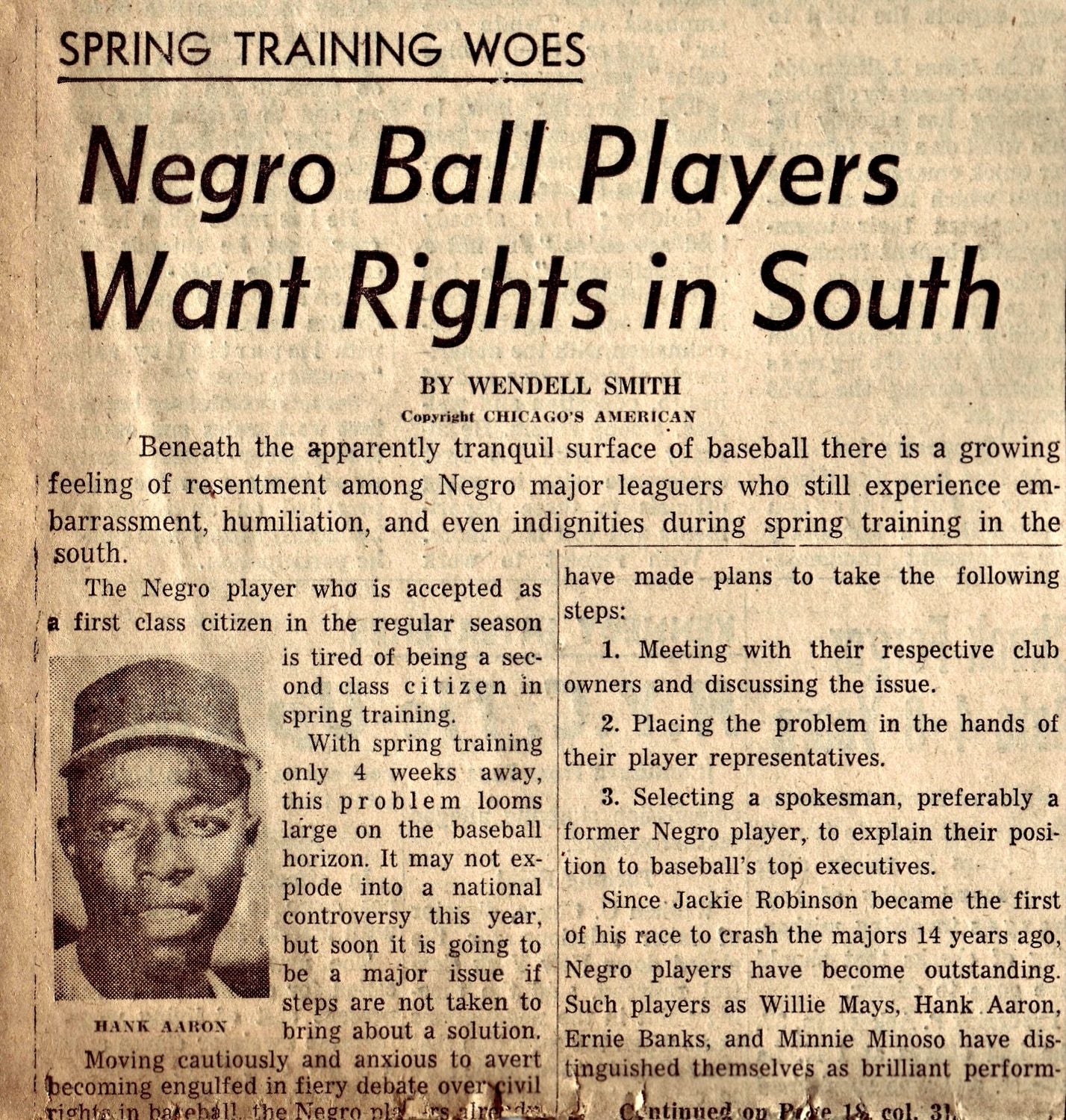A Racial Memory
By Gerald Scorse, Progressive Charlestown guest columnist
It’s 1953 and I’m 17, a cub sports reporter for the
Jamestown (NY) Post-Journal. A close friend breaks into professional
baseball down South. The paper sends me off to work up a feature story.
Come with me now to Maryville, Tennessee, to an America I never
knew existed. Join me on the bus as I meet Jim Crow—up close and personal, then
out the window, in this country I’d never seen before.
I don’t remember the name of the place where it happened. I
just remember sitting down and the bus driver walking back and telling me to
move. “You can’t sit here,” he said, “only coloreds sit back here.”
It was my first time ever in the South, and already I’d broken a supreme law: Whites don’t mix with blacks. They don’t sit together on buses, they don’t drink from the same water fountains, they don’t use the same rest rooms.
It was my first time ever in the South, and already I’d broken a supreme law: Whites don’t mix with blacks. They don’t sit together on buses, they don’t drink from the same water fountains, they don’t use the same rest rooms.
Separate rest rooms and water fountains were unheard-of to
me, and I had my first sighting out the bus window. There stood two fountains,
starkly unequal, marked in big capital letters “WHITE” and “COLORED”. The signs
laid down the rules, and they were meant to be obeyed.
When the bus driver told me to change seats, I changed
seats. Just two years later, Rosa Parks made civil rights history by
breaking the rules.
I love baseball, and I really loved somebody else picking up
my expenses, so the rest of the trip was sweet. I heard an echo at the
end though, and you will too.
The local team, the Maryville-Alcoa Twins of the Mountain States League, sat me up in the press box like a visiting dignitary. That night I was a T.I.P., a Temporarily Important Person.
My Jamestown friend showed off his stuff: a double, a
single, a fine over-the-shoulder catch. The star of the game though, fresh on
his way to a decent major league career, was the black Twins right-fielder
Willie Kirkland.
He hit one of his 35 home runs of the summer, and got his reward in storybook fashion. His fans threw bills over the railing and onto the field. Kirkland would later scoop up the money, turning now and then and tipping his cap.
He hit one of his 35 home runs of the summer, and got his reward in storybook fashion. His fans threw bills over the railing and onto the field. Kirkland would later scoop up the money, turning now and then and tipping his cap.
I met him after the game, shaking hands for the first time
with a major-leaguer-to-be. Afterwards my friend let me in on a secret, the
echo that I mentioned earlier. Kirkland and a white girl were seeing each
other, and they could lose their lives if the wrong people ever found out.
It was one of the truths I learned over those two days:
bitter truths about the land of the free that nobody ever told me.
What brings it all back now, 66 years later? Actually it’s
happened many times; history can hardly hit home harder than it did for me back
then.
In this case I had a specific memory jog, the new book Unexampled Courage: The Blinding of Sgt. Isaac Woodward and the Awakening of President Harry S. Truman and Judge J. Waties Haring, by Richard Gergel.
In this case I had a specific memory jog, the new book Unexampled Courage: The Blinding of Sgt. Isaac Woodward and the Awakening of President Harry S. Truman and Judge J. Waties Haring, by Richard Gergel.
Woodward, a black, was a decorated war hero. In 1946, just
hours after his discharge, he was pulled off a bus in South Carolina and
arrested for being “disrespectful” to the driver.
Seconds later, within sight of the riders still on the bus, he was blackjacked in both eyes by the local police chief. He would never see again.
Seconds later, within sight of the riders still on the bus, he was blackjacked in both eyes by the local police chief. He would never see again.
Once more I was back in 1953,
reliving my forever memory—and America’s too, and it’s far from over down deep.
This piece first appeared at www.nydailynews.com.
Scorse usually writes on taxes.

